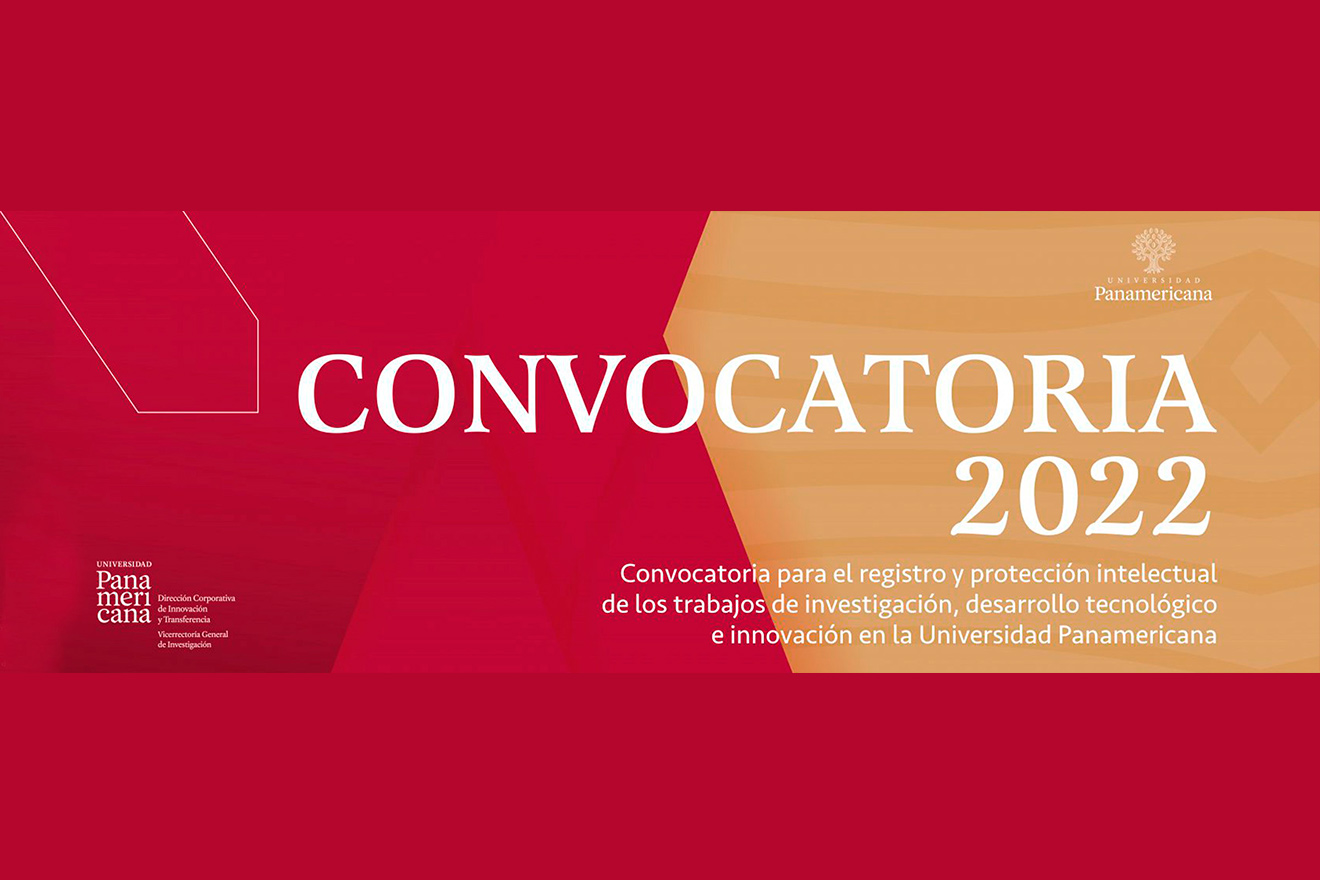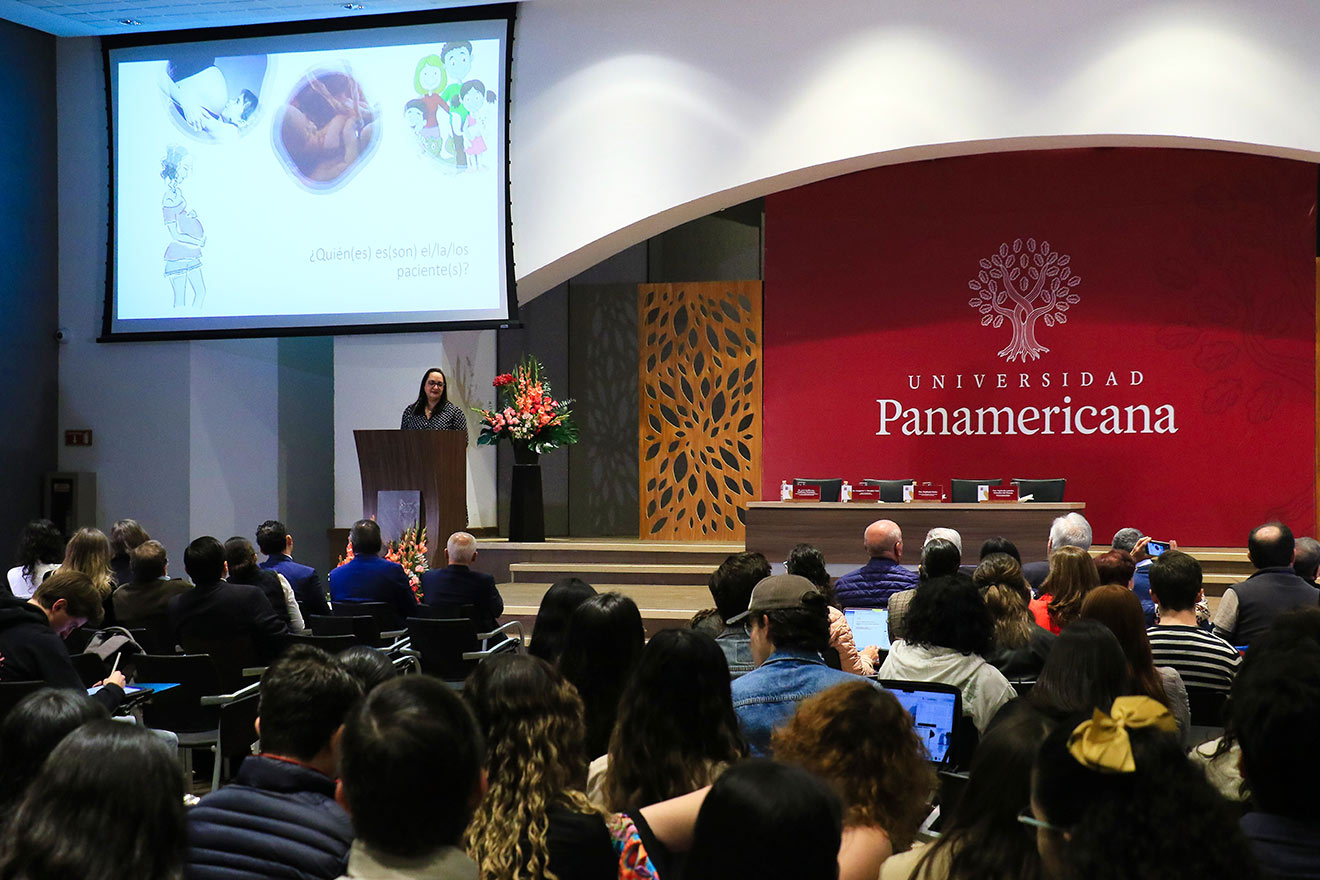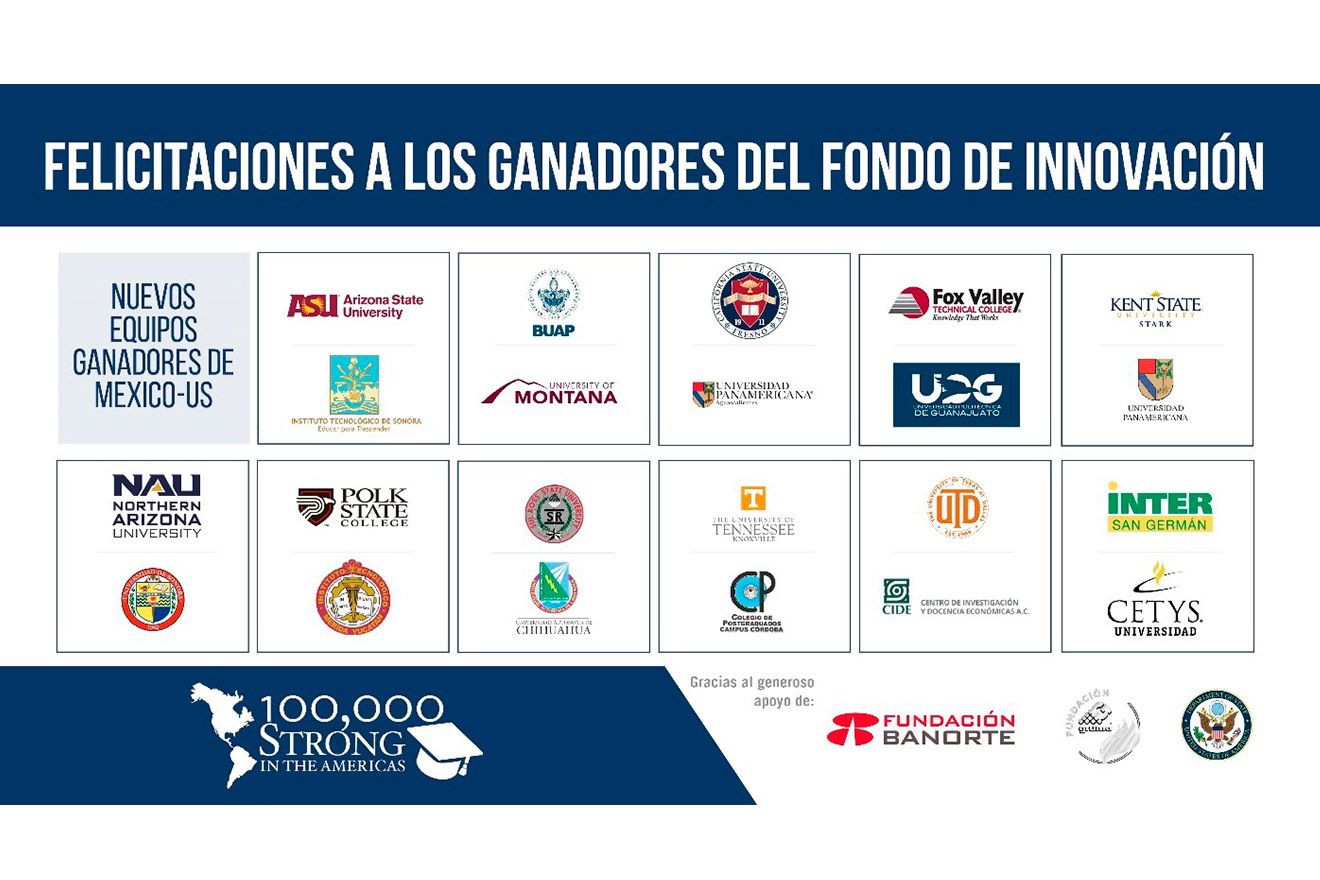Money laundering is a global phenomenon associated with various crimes such as tax evasion, human trafficking, drug trafficking, terrorism, and corruption. This crime affects countries’ financial systems by introducing illicit resources as legitimate operations, destroying confidence in institutions and contributing to political and social instability.
The impact of money laundering in Mexico
The World Bank estimates that money laundering represents approximately 2.7% of the World’s Gross Domestic Product, equivalent to more than twice the size of Mexico’s economy. Between 18,000 and 44,000 million pesos enter the Mexican financial system through money laundering from criminal activities.
The Federal Law for the Prevention and Identification of Operations with Illicit Proceeds (LFPIORPI, for its abbreviation in Mexico) seeks to combat the use of vulnerable financial institutions and companies by criminal groups in Mexico. The receipt of donations is considered a vulnerable activity, which affects Donatarias Autorizadas de Educación Superior (Authorized donees in higher education).

The study objective
The study entitled “El impacto de la LFPIORPI en las donatarias autorizadas de educación superior en México” (The impact of the LFPIORPI on Authorized Donees in Higher Education in Mexico) focuses on explaining the financial and administrative repercussions that the implementation of the obligations of the LFPIORPI has had on Donatarias Autorizadas de Educación Superior in Mexico, institutions that play a crucial role in the social and educational transformation of the country.
It uses a qualitative and explanatory approach, employing the ethnographic method. In-depth interviews were conducted with LFPIORPI compliance officers and questionnaires were given to experts in money laundering prevention.
Risks and challenges
The Donatarias Autorizadas de Educación Superior studied consider the receipt of donations as a complementary but essential source of income for taxation under Title III of the Income Tax Law. However, implementing compliance has a high financial cost, although less than the potential penalties for noncompliance.
Thus, confusion was found in the treatment and origin of the obligations established in the LFPIORPI, which requires adaptations to systems, controls, and processes. The need to implement a risk-based methodology was also highlighted.
Commitment and Updating
The importance of commitment among senior management to ensure organizations’ integrity and governance is emphasized, and technological adjustments to the SAT (the Mexican tax agency) platform are suggested to improve compliance.
The preparation of this thesis has been a process of professional and personal growth, which has served to develop skills and attitudes that will be fundamental to continuing research in the field.

Researcher Data
Dr. María Guadalupe Torres Pulido
Business School
Universidad Panamericana, Guadalajara Campus







